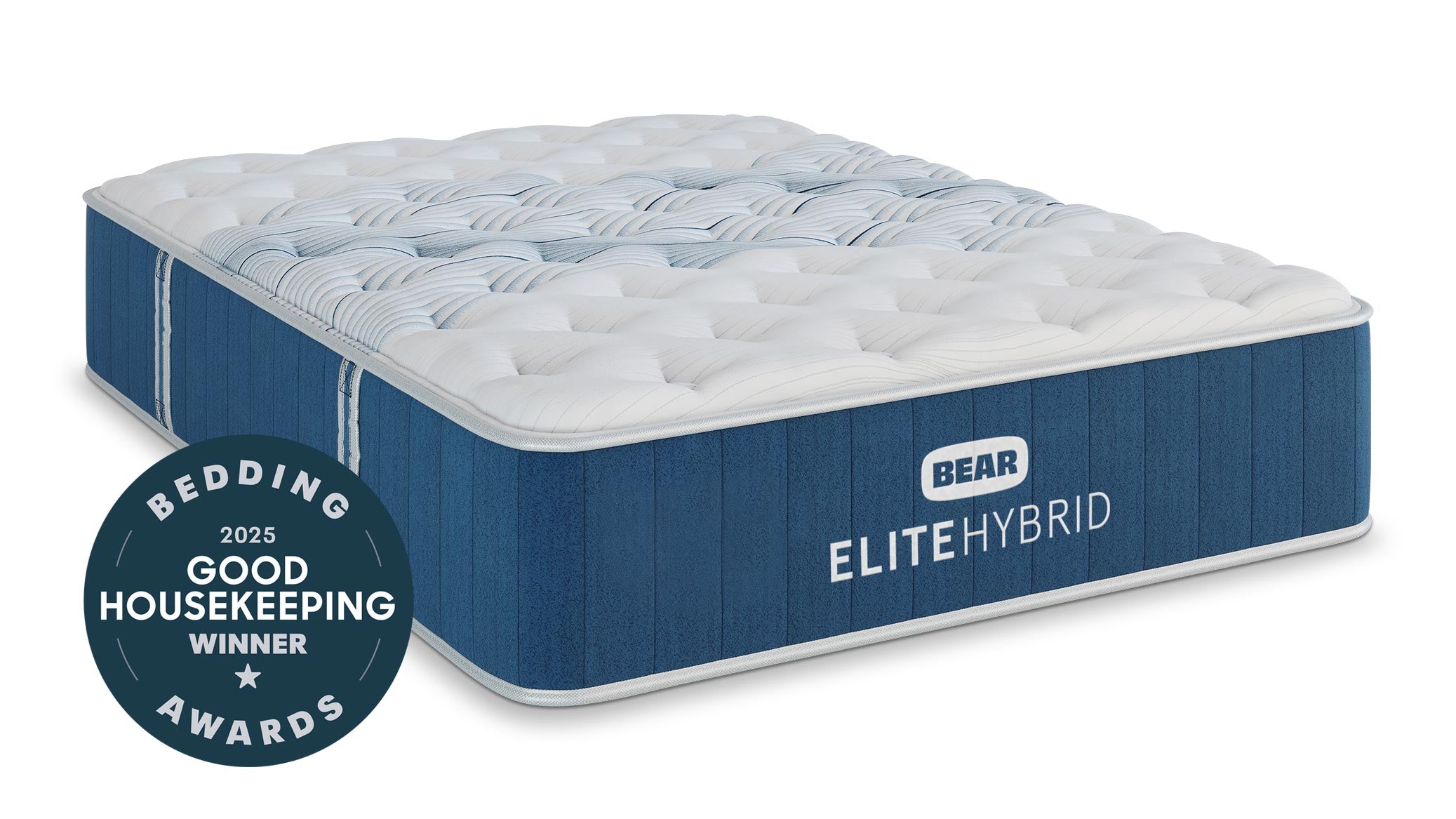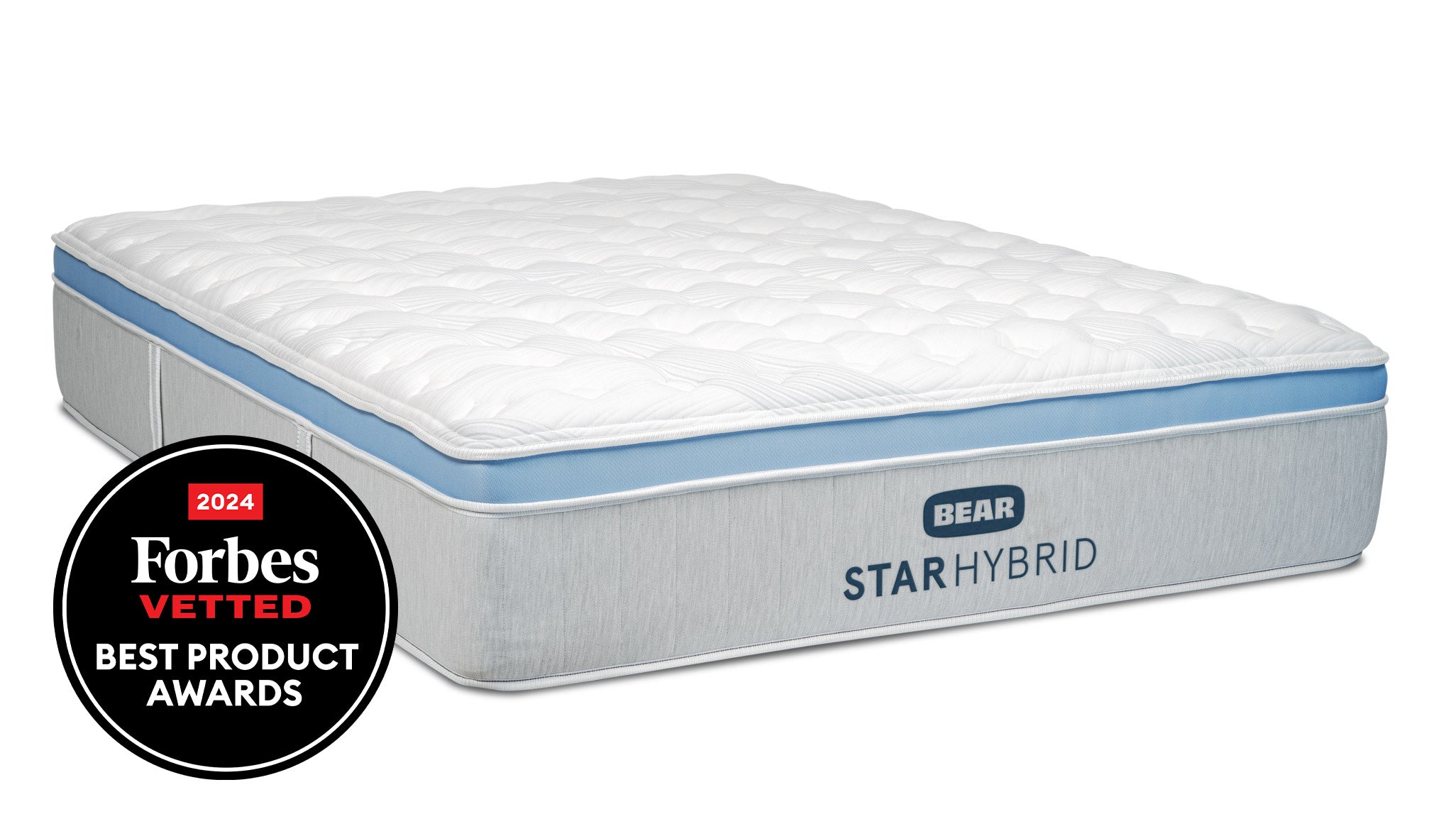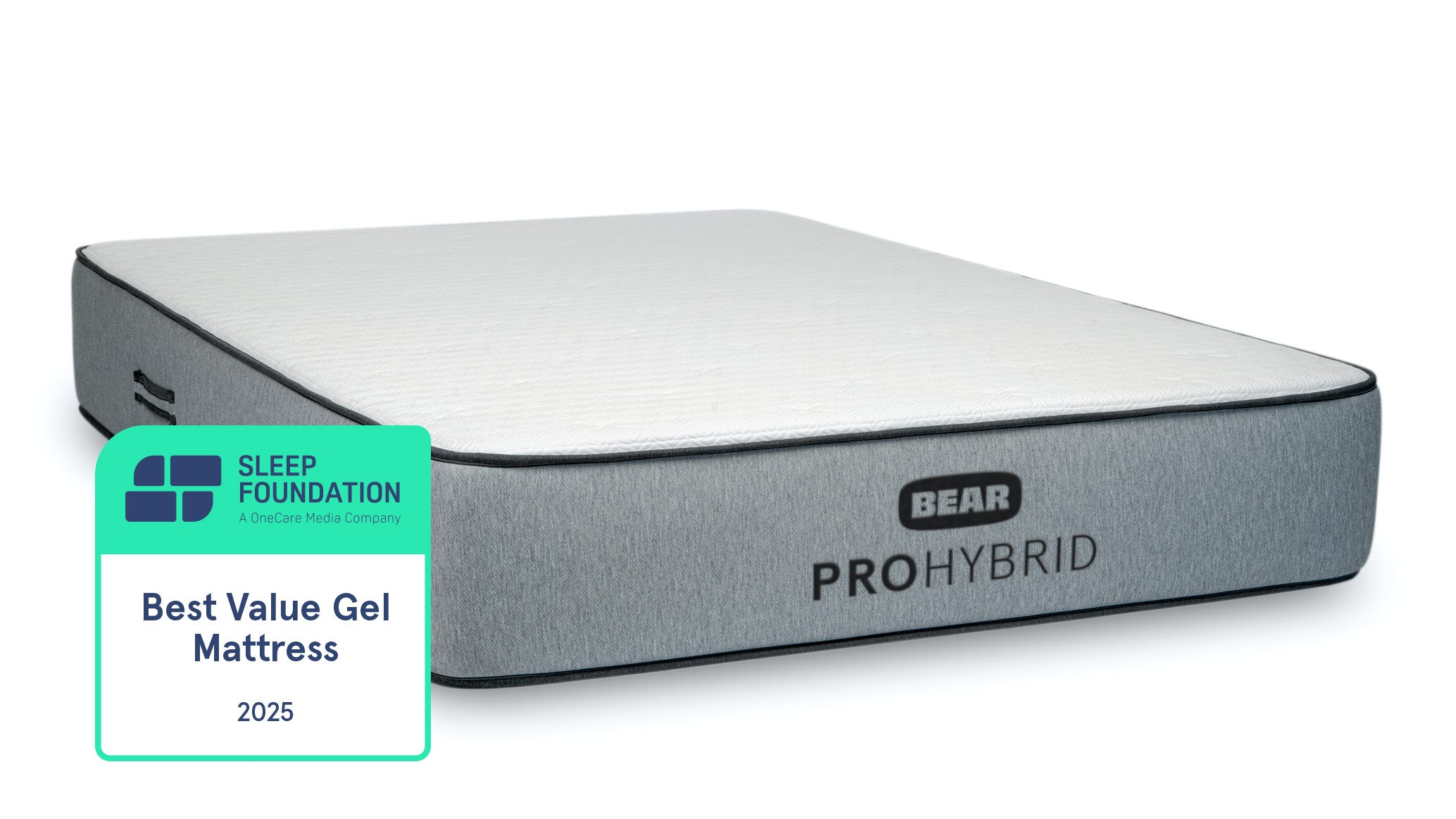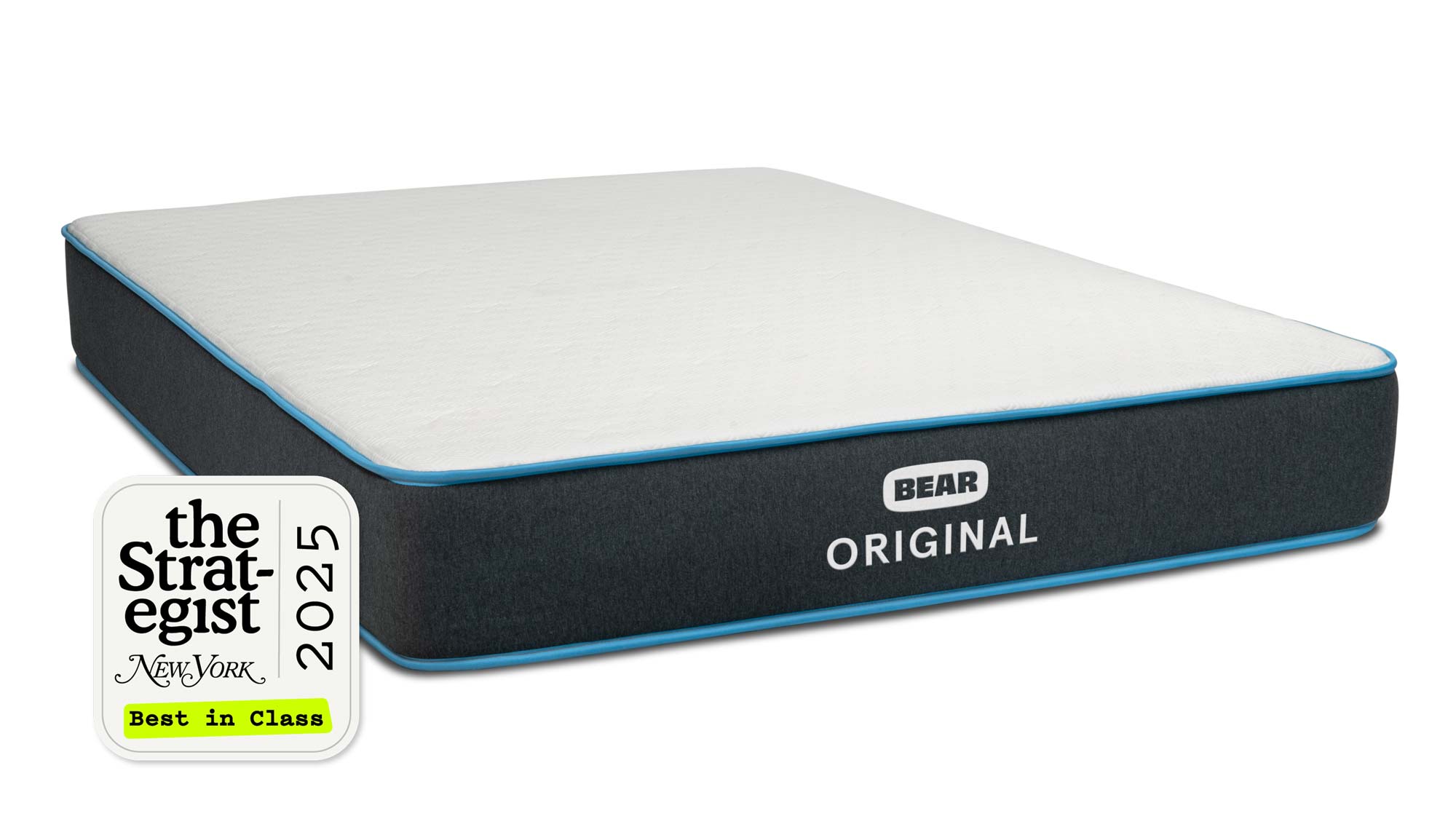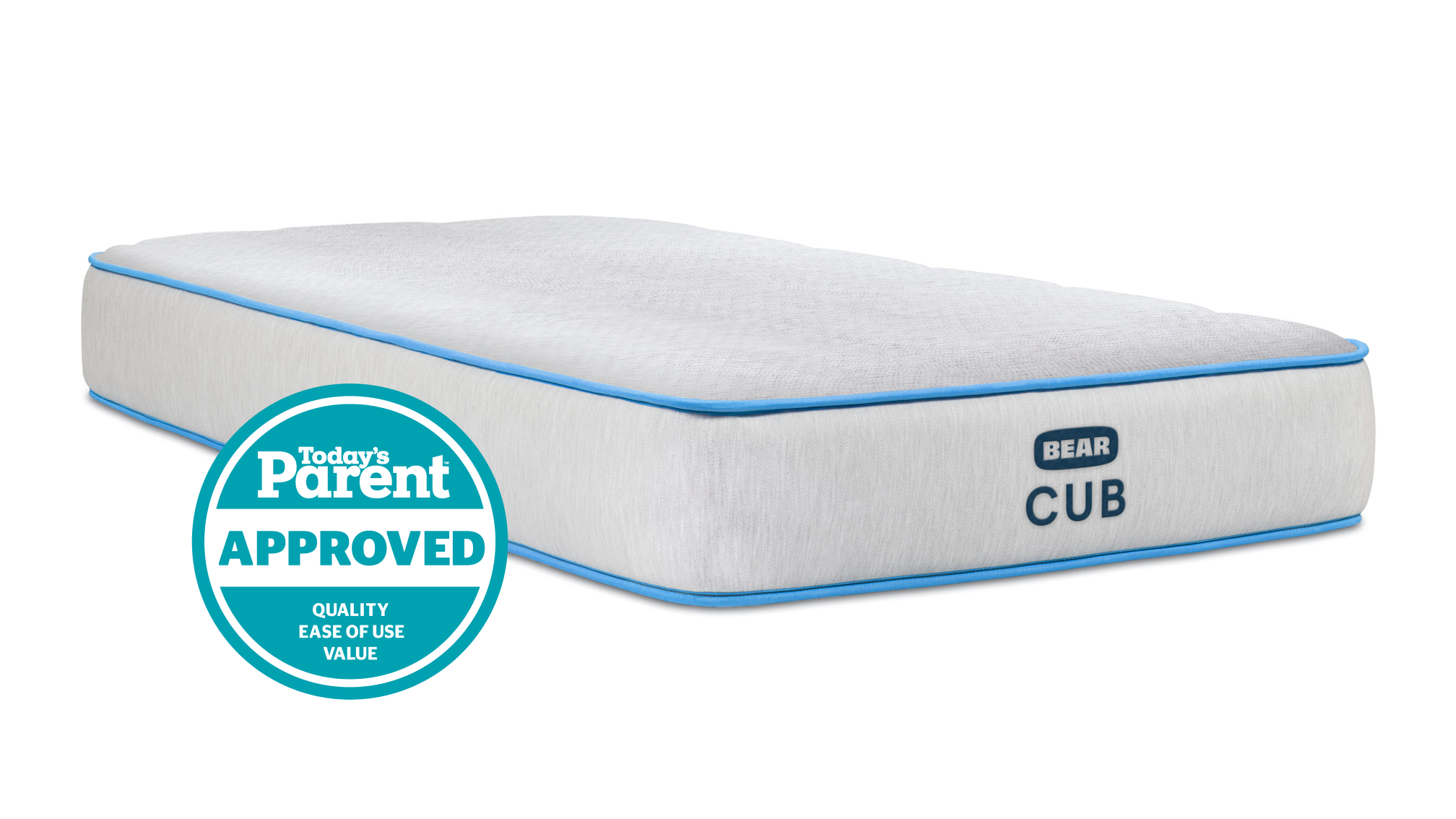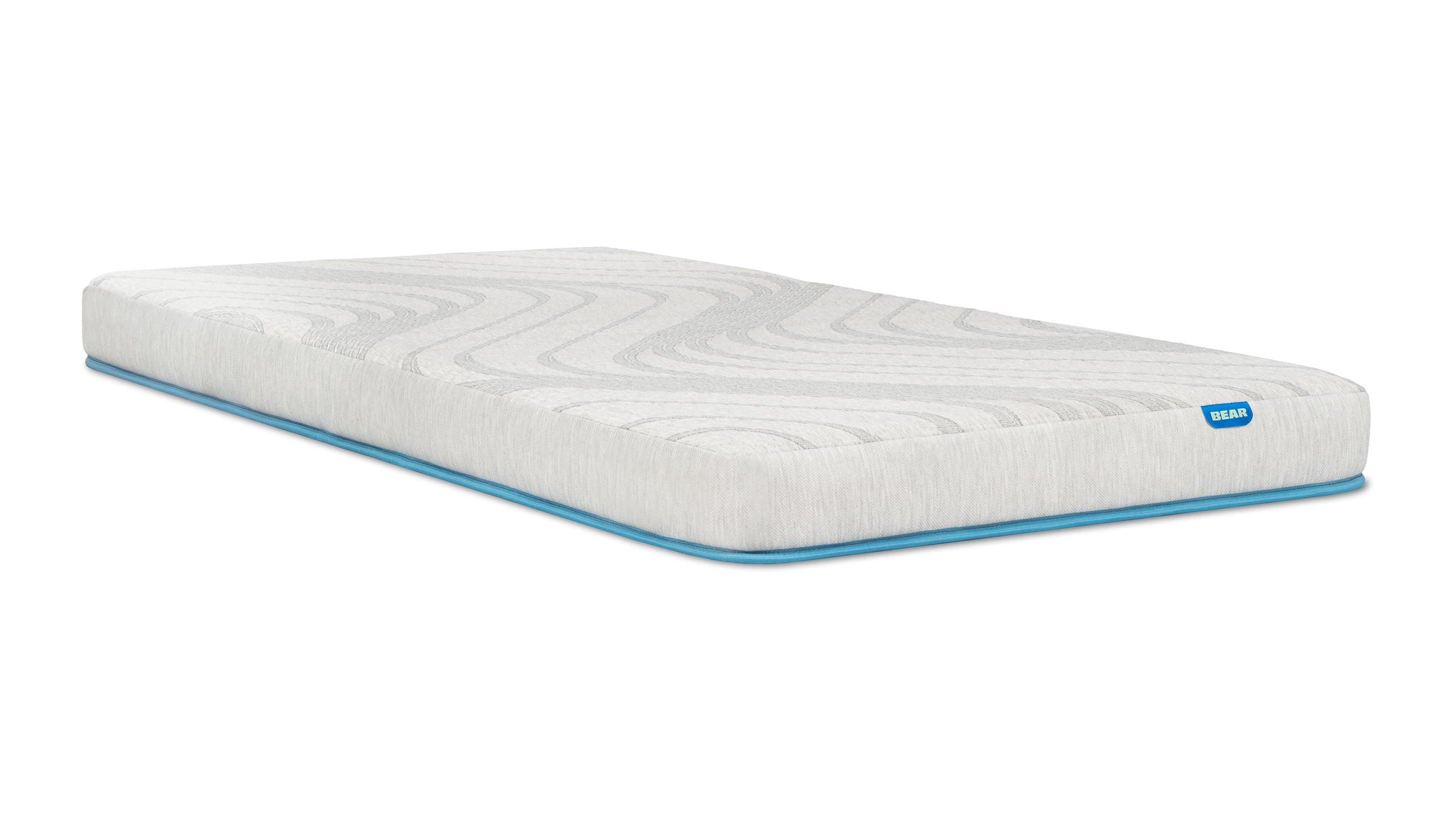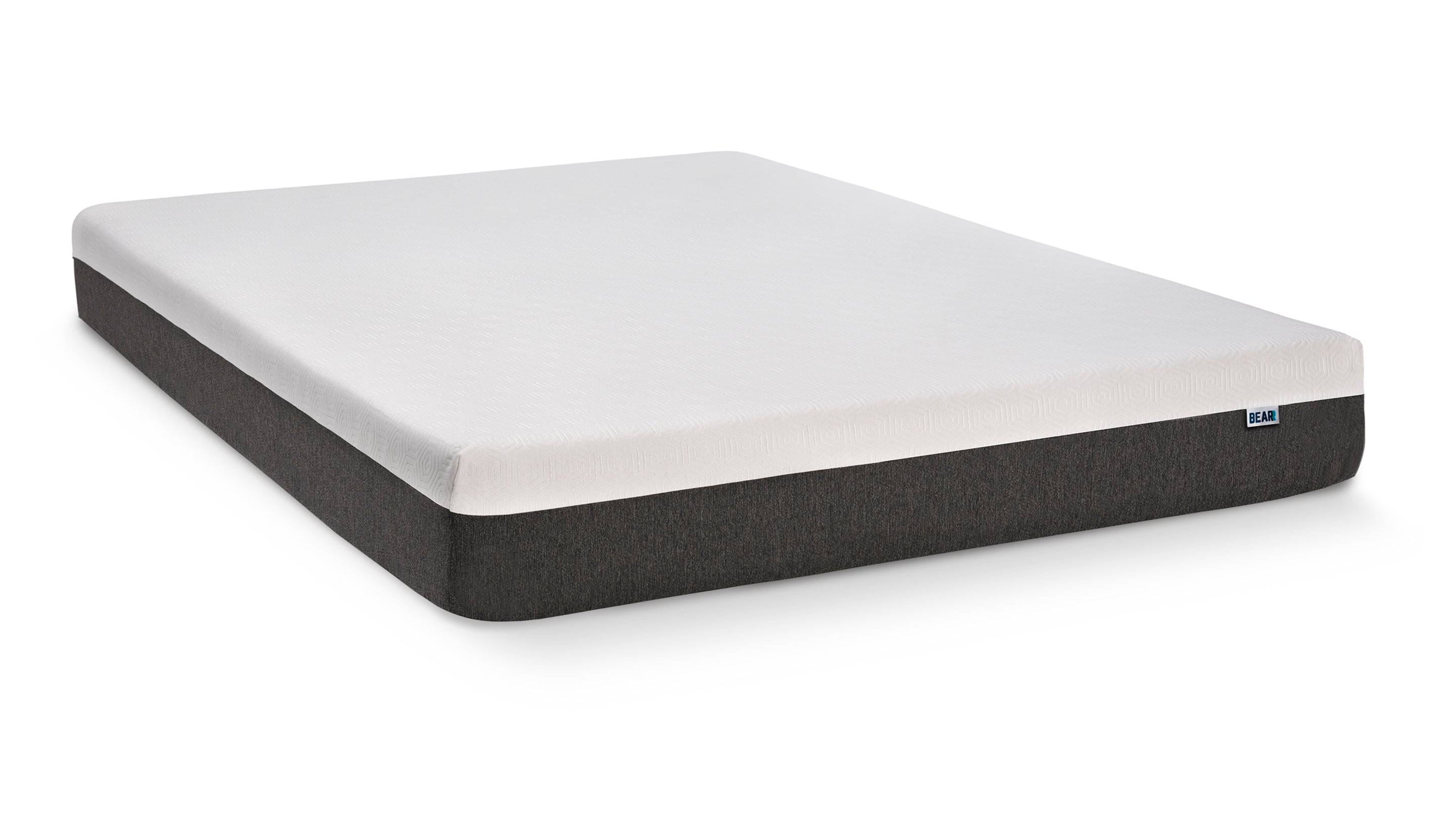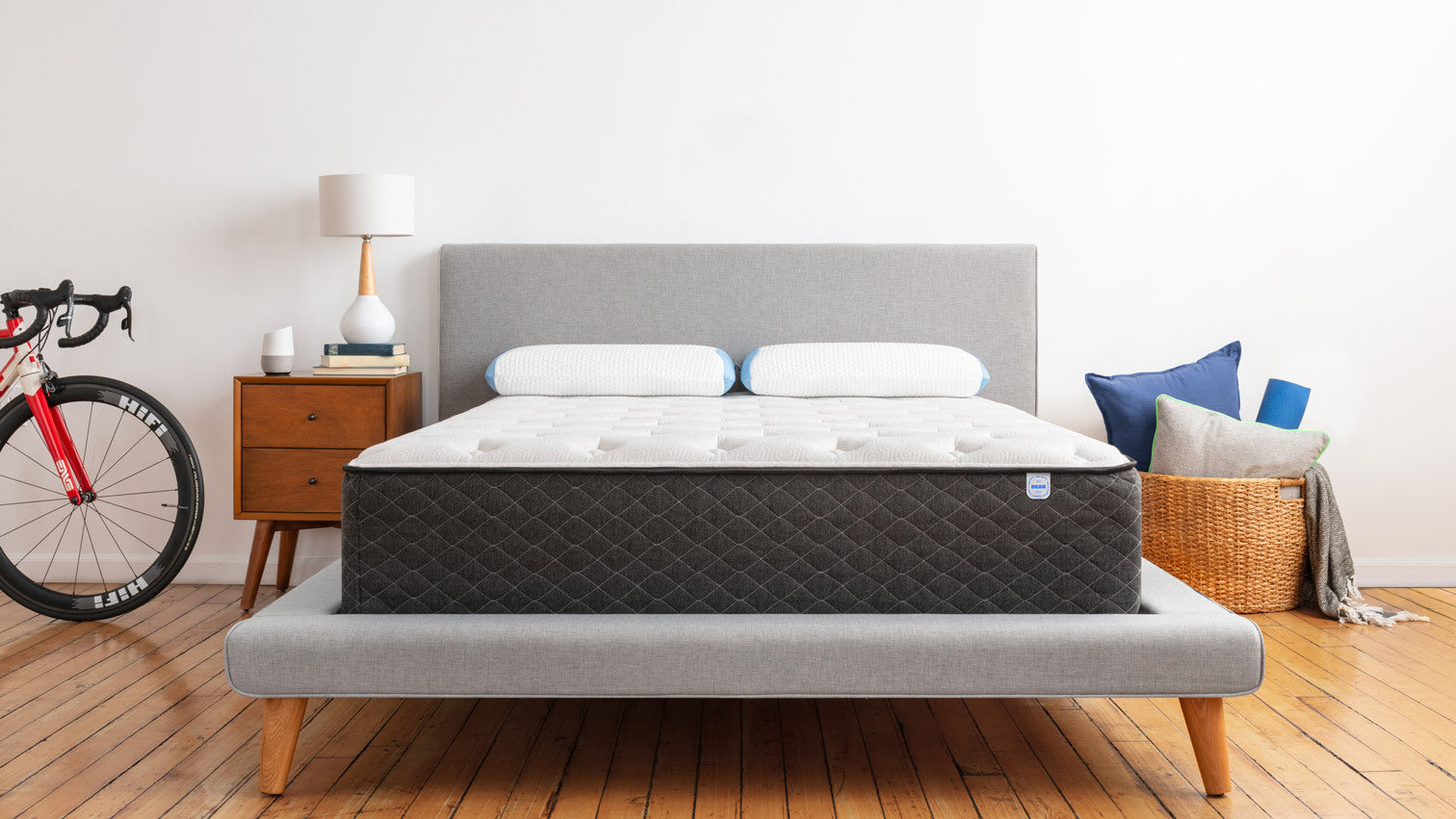Do you snore? If you do, don't worry you are not alone. Snoring is much more common than you think. According to studies, 45% of adults snore on occasion, while 25% of adults snore regularly. Now if you are someone that sleeps by yourself, then it might be that big of a deal. But if you share a mattress with someone or have thin walls, then your snoring might be a problem for others.
Snoring is the sound of obstructed breathing, which can be caused by poor muscle tone, bulky throat tissue, or a long soft palate or uvula. Snoring, because you're obviously sleeping, is not often heard. However, depending on the severity of your snoring, you and other people in the house or mattress, might become disturbed and wake up as a result.
Sharing a mattress with someone can be difficult. As we’ve previously discussed, sleeping with others does have its set of growing pains. Each person is unique and we all come with our set of preferences. Now for when it comes to why we actually do indeed snore, there are a variety of reasons. So whether you are trying to figure out the reason or looking for remedies, we got you covered.
Reasons For Snoring
1. Weight

Studies have shown that weight has been linked to snoring. Being overweight can lead to having extra tissue in your throat area. This extra tissue can cause oxygen to have difficulty passing through, which causes snoring.
2. Nasal Problems

A stuffy nose or being congested can lead to snoring. You might be battling a cold or the environment you're sleeping in might be dry, which overtime can cause chronic congestion long after your cold symptoms have dissipated. The stuffy nose, in turn, causes breathing to become difficult.
3. Sleep Deprivation

Lack of sleep has also been linked to chronic snoring. We all know the body needs rest to perform optimally. When the body is not fully rested and feeling well, it starts to overwork itself. As it over works itself, parts of the body exert extra energy in order to function properly. This affects areas of sleeping like the throat and nose area.
4. Drinking Before Bed

Alcohol Consumption before bedtime has been known to cause snoring. Alcohol relaxes the throat muscles and stops the body's natural defense when it comes to air pathway obstruction.
Ways To Treat Snoring
1. Change Sleep Position

If you snore one of the ways that can help is to change your position. Most of the time. Snoring occurs when you sleep on your back. Now we all know that we all prefer different sleep positions. So try changing your sleeping position to one you might find comfortable. If you plan on changing your sleeping position or if you sleep in multiple positions you’ll need a mattress that supports all positions, such as the Elite Hybrid.
2. Exercise

Another way to remedy your snoring is to exercise. As we stated earlier, that body weight can contribute to snoring. By exercising, you can reduce the frequency of your snoring by losing weight. Try picking up a workout routine that you can commit to so that you can not only improve your sleep but your health too.
3. Nasal Strip

Another way of reducing your snoring is with the aid of a Nasal Strip. Nasal Strips help improve the natural airflow in the nasal passages. While other ways of fixing your snoring are long term fixes, nasal strips are more of a short term. Try this and see how much your snore might start to reduce.
4. Underlying Health Condition

Snoring might be a sign of an underlying health condition such as sleep apnea, which is abnormal breathing or repeated pauses while sleeping. If your snoring has become chronic and persistent then it is best to consult with a medical professional to find out the root cause of the snoring.
As we discussed earlier, one way to combat snoring was by changing your mattress to one that supports all sleep positions, like the Elite Hybrid. Another recommendation would be placing the mattress on an adjustable flex bed. With the adjustable base, sleepers have the option of customizing their sleep position. This allows for the body to rest in various elevated states, which in turn can reduce the pressure placed on the head/neck area and allow for air to flow throughout the air and nasal passageways smoothly.
